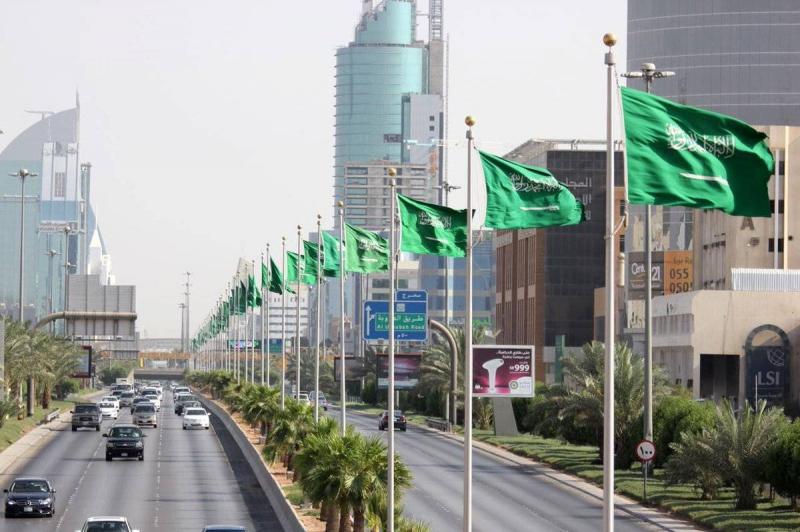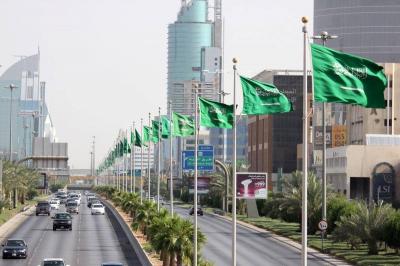With two visits from high-ranking officials in less than a month, the United States hopes to stabilize its relations with Saudi Arabia after several years of disagreements and mistrust. Following White House National Security Advisor Jake Sullivan's visit to Saudi Arabia on May 7, the U.S. State Department announced that Secretary of State Antony Blinken will travel to the kingdom next week, marking the second visit by a senior official in about a month.
Despite expectations of no breakthrough, analysts say Blinken aims to restore some influence with Riyadh regarding oil prices and countering Chinese and Russian influence. The State Department stated that the visit will take place from Tuesday to Thursday and will discuss economic and security cooperation, as well as hold a meeting of the U.S.-Gulf Cooperation Council and a conference to combat ISIS militants.
Blinken will address relations that have been severely damaged due to disagreements over Iran and other issues, weakened as the oil-for-security formula that has sustained the alliance for decades has faded. President Joe Biden's initial relationship with Riyadh was tense after he stated in 2019 that he would make the kingdom a "pariah," shortly after taking office in 2021. Although Biden visited Saudi Arabia in July 2022 to improve relations, Riyadh angered Washington just three months later when the OPEC+ alliance, which includes Russia, cut oil production prior to the U.S. midterm elections, where fuel prices were a key issue.
Tensions in relations date back to before Biden's administration. Saudi leaders had expressed dissatisfaction over U.S. negotiations regarding the 2015 Iran nuclear deal, which Gulf states believe made them vulnerable to Iran potentially acquiring nuclear weapons. Iran denies such ambitions. Despite former President Donald Trump abandoning the deal in 2018, Riyadh expressed anger due to the lack of a response to Iran after drone and missile attacks targeted Saudi oil facilities in Abqaiq and Khurais in 2019. Washington and Riyadh blamed Tehran for the attacks, which Iran denied involvement in. David Des Roches from the National Defense University stated, "The Saudis wanted to see rubble in Tehran after the Abqaiq attacks," adding that Riyadh expected Trump to respond with orders for airstrikes.
**The End of Oil for Security?**
Two long-term shifts exacerbate the challenges facing Blinken. First, the long-standing pillar of U.S.-Saudi relations, where the U.S. provided security in exchange for a steady supply of Saudi oil, has collapsed. The U.S. is now the world’s largest oil producer and no longer relies on Saudi crude as it did in the 1970s. Former U.S. Ambassador to Saudi Arabia Chas Freeman stated, "The two sides of the equation—preferential access to Saudi energy and U.S. defense of Saudi Arabia against external challenges—seem to be evaporating."
Second, the rise of China, now the largest buyer of Saudi oil and a major supplier to Saudi Arabia, coupled with what is termed the U.S. "pivot" to Asia, has led Riyadh to hedge its geopolitical bets. Professor Gregory Gause from Texas A&M University noted, "During the Cold War, the U.S. could largely depend on the Saudis to support its major strategic initiatives. As the Cold War ended, the Saudis had fewer options." He added, "Now they have options... the era of U.S. unipolarity has basically ended, and the Saudis understand that and are looking for other options."
In a sign of shifting allegiances, Saudi Arabia and Iran announced in March that they intend to resume diplomatic relations after secret talks in Beijing. Daniel Benaim, Deputy Assistant Secretary of State, told reporters that one of Blinken's goals for his trip is to affirm that "the U.S. is a strong player that will remain in the region... and that we won’t allow a vacuum filled by other competitors."
Regardless of tensions, a genuine break in relations is unlikely, as Riyadh needs the U.S. military to ensure the flow of oil from the Gulf—a role that neither China nor Russia, which has expanded its influence in the region, seems willing to undertake. Washington also wants Riyadh to temper global oil prices. However, there is one goal that the U.S. is unlikely to achieve in the near future: convincing Riyadh to follow the lead of Arab countries—such as the UAE and Bahrain—that normalized relations with Israel under what is known as the Abraham Accords in 2020. Barbara Leaf, the senior American diplomat in the Middle East, described reports in Israeli media about this possibility as "gross exaggerations." She stated that the Saudi Crown Prince has other priorities, particularly those related to the Vision 2030 plan to modernize the kingdom's economy and reduce its dependence on oil.




